The History of Asphalt Paving
Did you recently have asphalt paved around your area? Perhaps it was a street, a parking lot, or your driveway. According to The Department of Transportation, asphalt is used in 94% of current roadwork in the U.S., so you see it just about everywhere. Humans have been relying on asphalt to create smooth services for centuries, and the history of this material is fascinating. Keep reading to learn more about it.
3800 B.C.
According to Asphalt Magazine, the ancient civilizations that lived near the Euphrates River used asphalt. This area is now known as Iraq. They used asphalt to cement their buildings and trowel their floors, and it was an effective waterproofing method. The composition of their asphalt was different than ours since they didn't have the same machinery that we do, so they used a type of asphalt mixture that is softer than the typical asphalt we see today. This was then used as mortar to seal and protect masonry.
625 B.C.
According to Pavement Interactive, archaeologists date the first asphalt road as being made around this time by the Carthaginians. Similar to the ancient civilizations by the Euphrates River, people of this era also used it for things like using it as mortar or water sealant when it came to building their living quarters. However, it wasn't until 625 B.C. that people began using it to make roads.
500 B.C.
According to the Asphalt Pavement Association of New Mexico, we can actually trace the word "asphalt" to the ancient Greeks. The word "asphatos" means "to secure." They used this material for a lot of things besides the roads, such as to caulk their ships, waterproof their buildings, and embalm their mummies.
Biblical References
According to Asphalt Magazine, it's suggested in the Bible that Noah may have used asphalt to put together the ark. Asphalt was referred to as "pitch" back then. There are many other references to it in other books of the Bible, including Exodus.
1595
When Europeans were out exploring the New World, they would find asphalt during their travels. According to the Asphalt Pavement Association of New Mexico, prominent figures like Sir Walter Raleigh found a large amount of it in Trinidad, and he re-caulked his ships with the substance.
1870
Now we're moving closer to modern times. This is where asphalt began to be used to pave roads, and the asphalt mixture is more similar to what we see today. According to the Asphalt Pavement Association of New Mexico, it was a chemist from Belgium named Edmund J. DeSmedt that did it. He paved areas in Newark, NJ and also around Pennsylvania Avenue in Washington, DC, which is where a little-known building known as the White House is located. Another big thing happened around this time -- a man named Nathan B. Abbott, who lived in Brooklyn, filed a patent for asphalt in 1871.
1901
This is when the business of asphalt really took off. The Warren Brothers opened the first modern asphalt facility, which was located in East Cambridge, MA. That was after Frederick J. Warren applied for a patent for asphalt that was mixed with bitumen and aggregate. This artificial asphalt was called Bitulithic.
1942 (World War II)
During the war, a lot of military aircraft would come and go. This meant that there had to be strong surfaces that could hold their weight. The asphalt industry went into overdrive and really improved the technology. It could be argued that asphalt paving helped win the war.
1956
The highways and other roads that you drive on were largely paved during this time thanks to Congress sending $51 billion (which would be worth over $627 billion in 2023) to all the states for the purpose of using
asphalt paving for constructing more roads.
Over the decades, asphalt has become something that is recycled a lot, even more than other things like aluminum, newspapers, and glass. The reason for this is that the government wanted to conserve natural resources. Thanks to recycling, asphalt plants aren't considered major sources of air pollution, either.
There is still a lot of research being done on new ways of paving roads. It will be interesting to see what the future brings in this field. If we were able to go about 150 years into the future, we might be amazed at what the roads look like, and they might even be unrecognizable. We are proud to service companies that need their lots paved. If you're one of them, contact Alto Construction today!
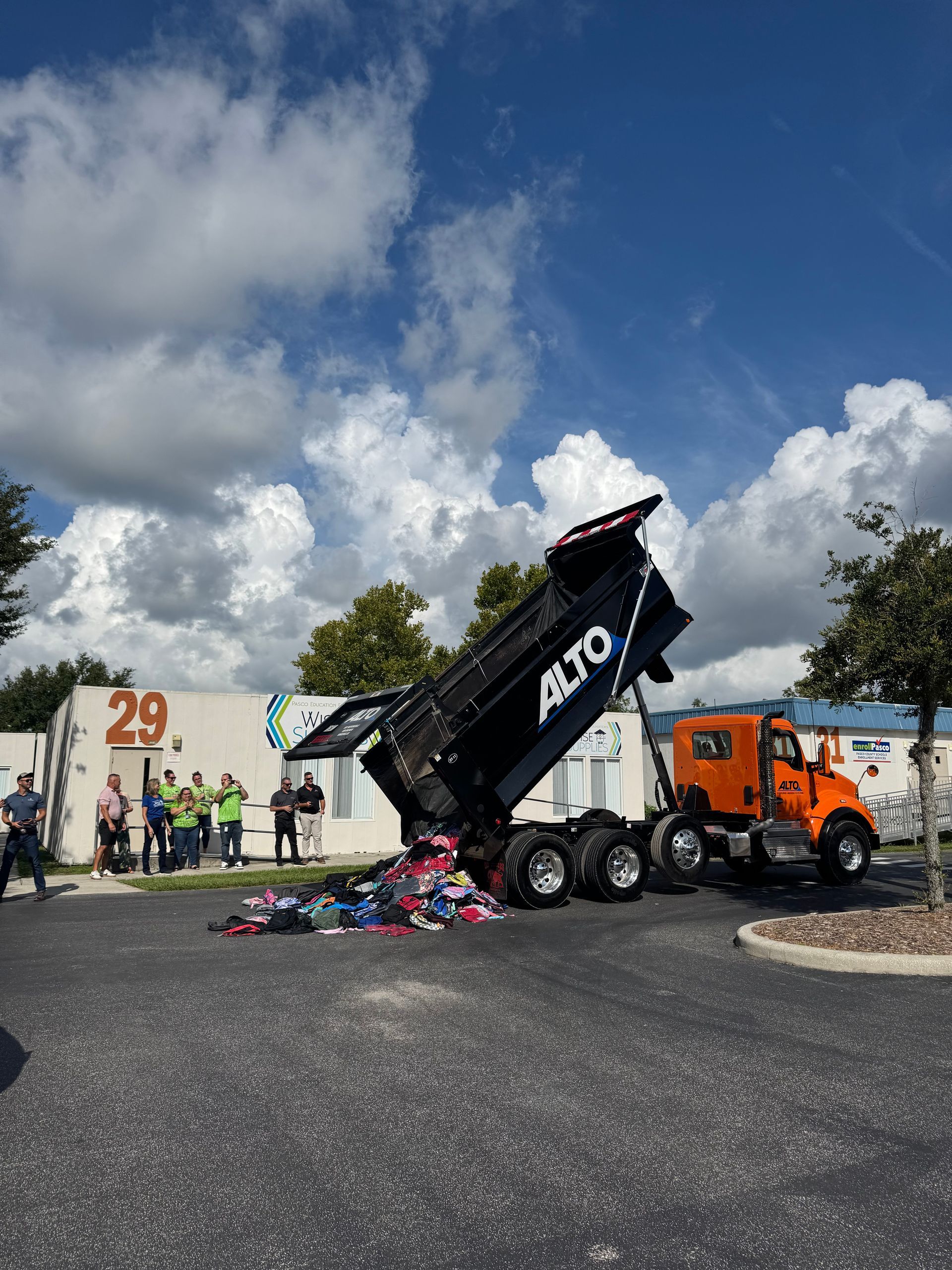

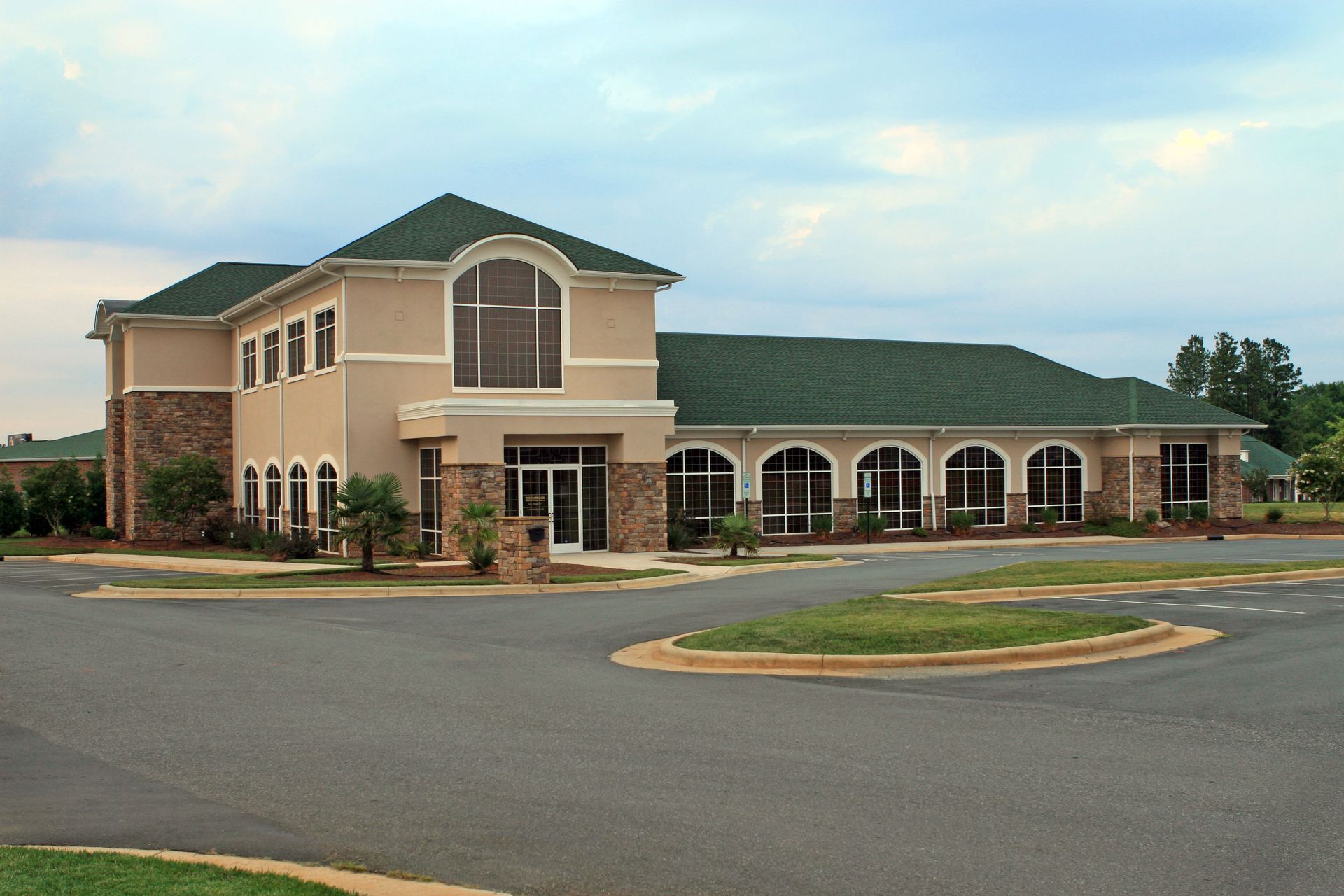
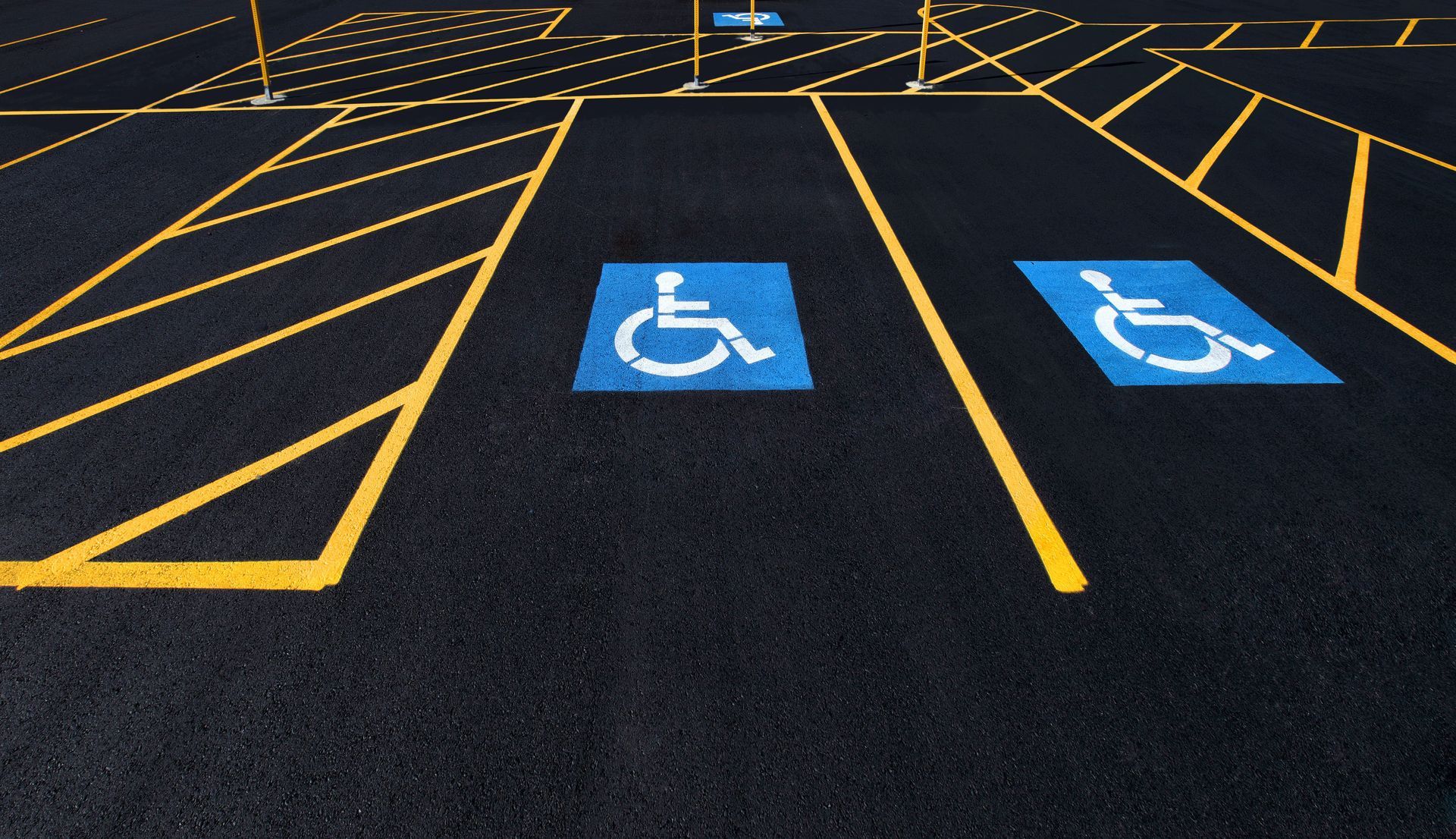
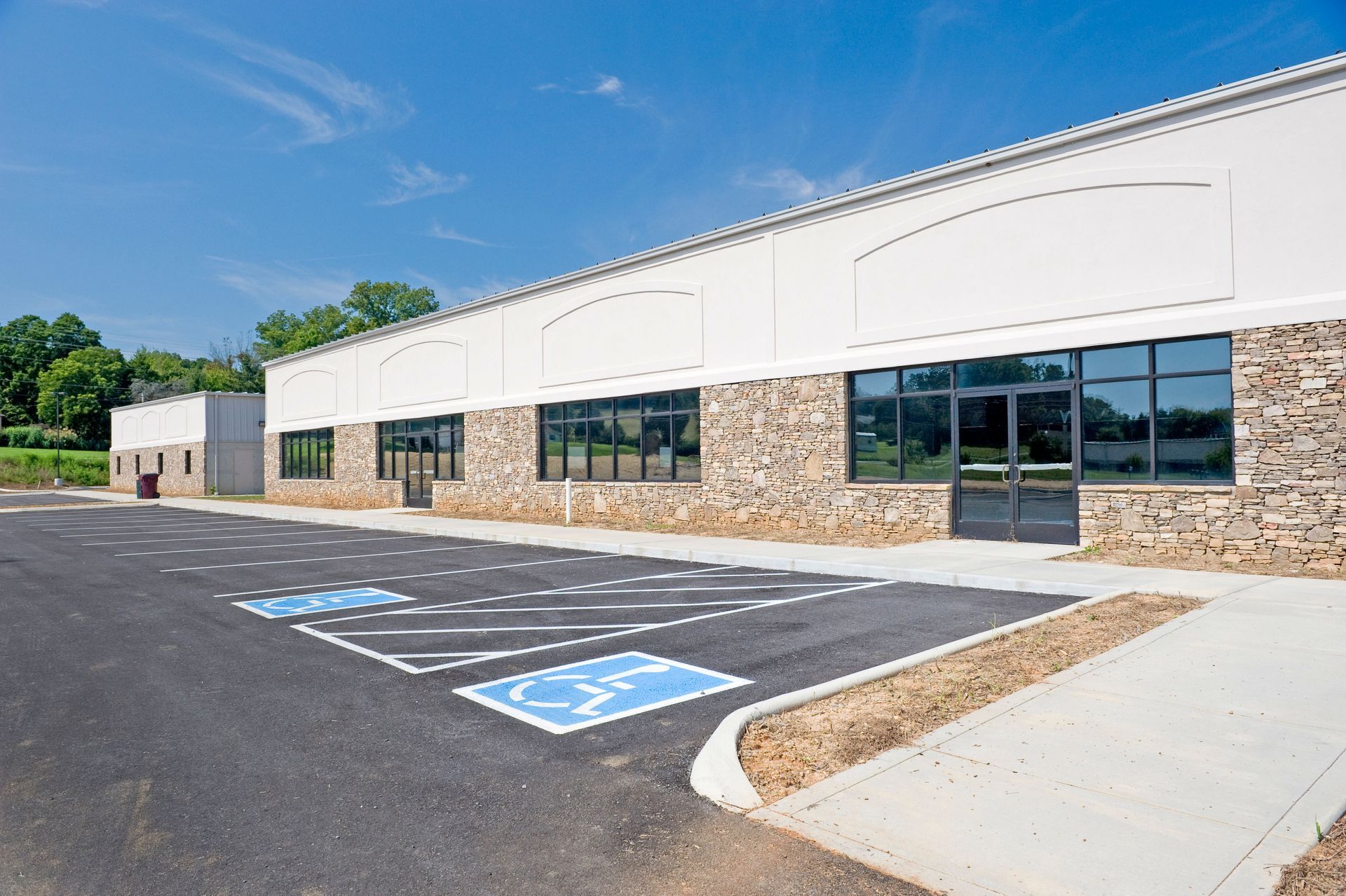
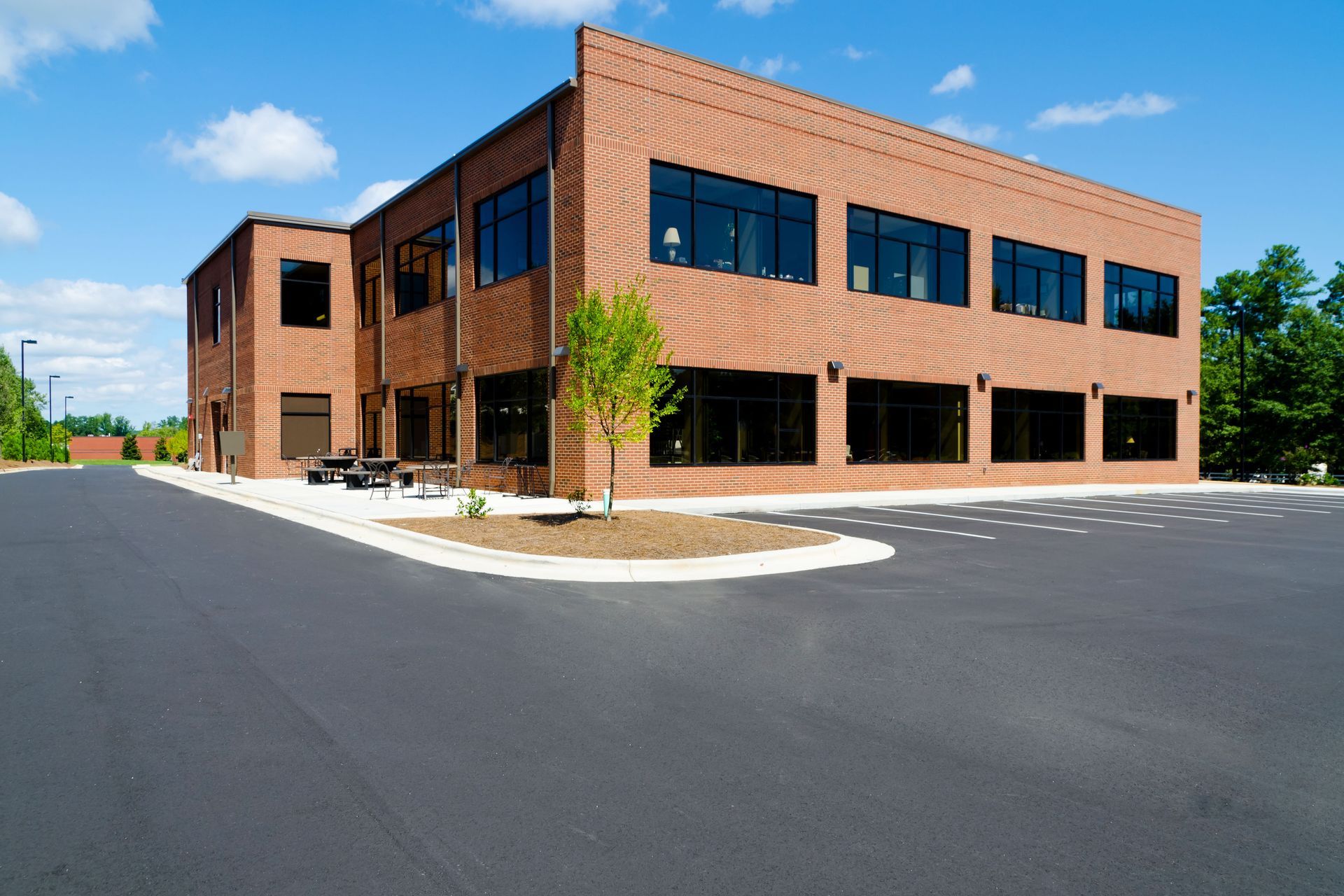
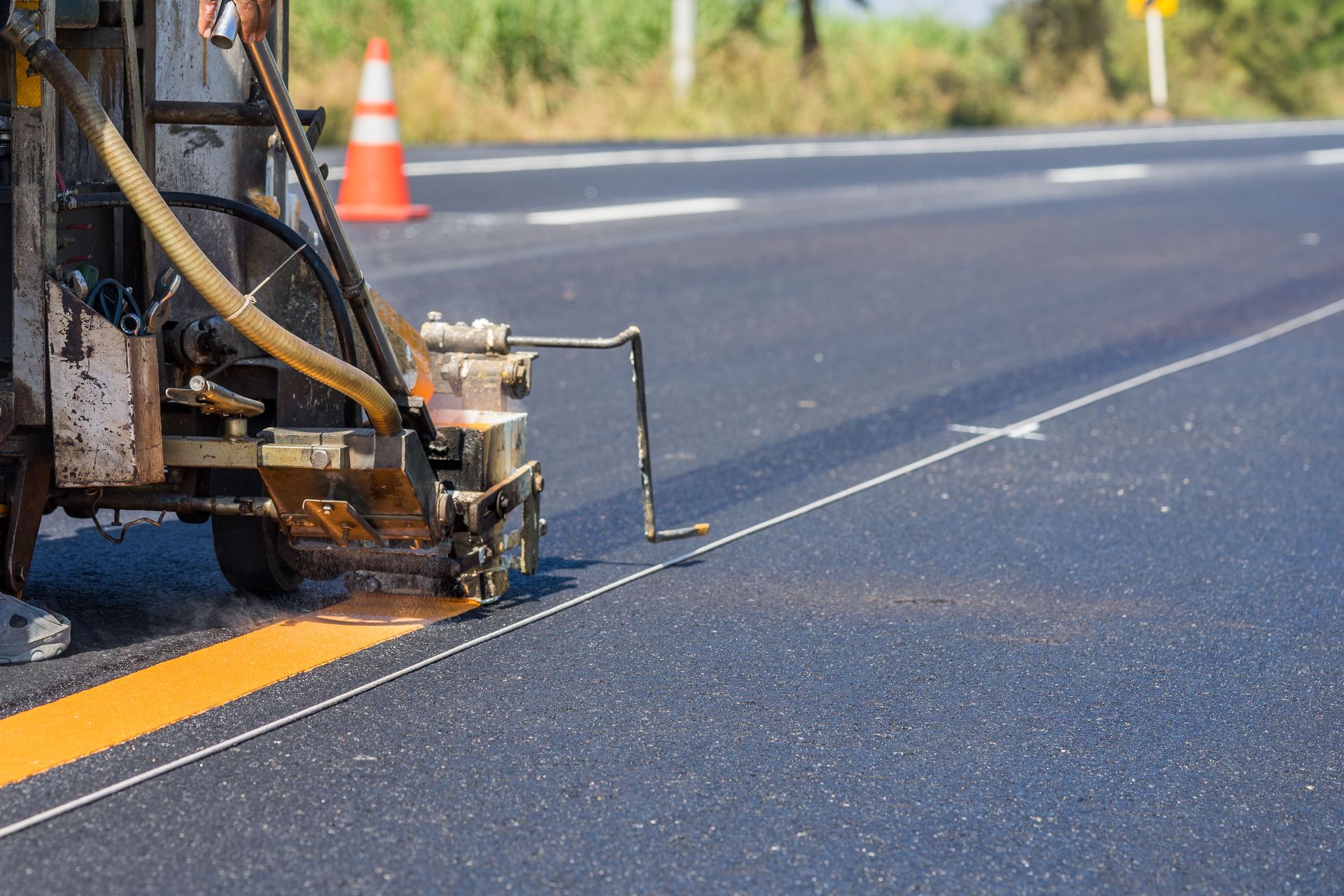


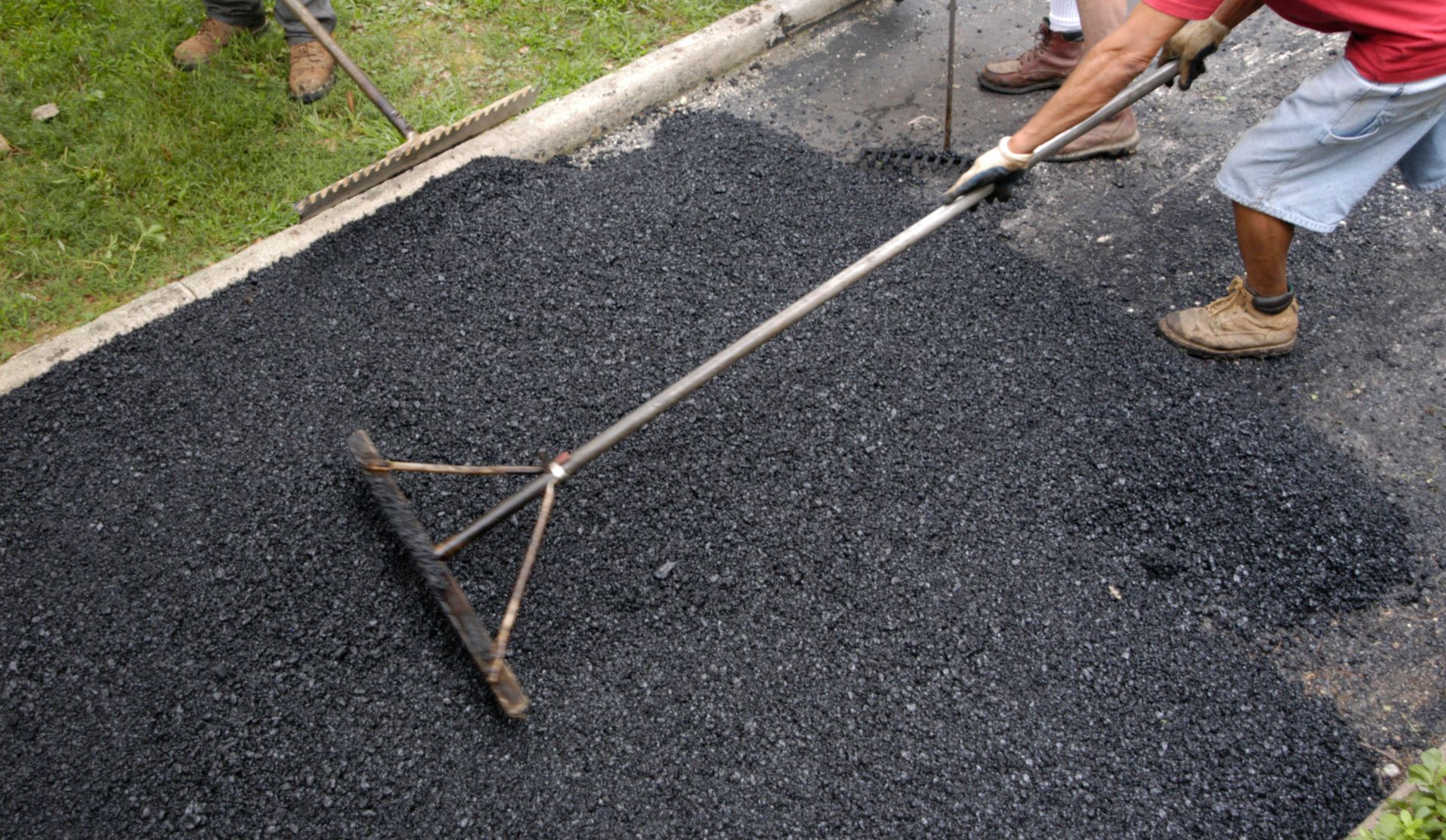
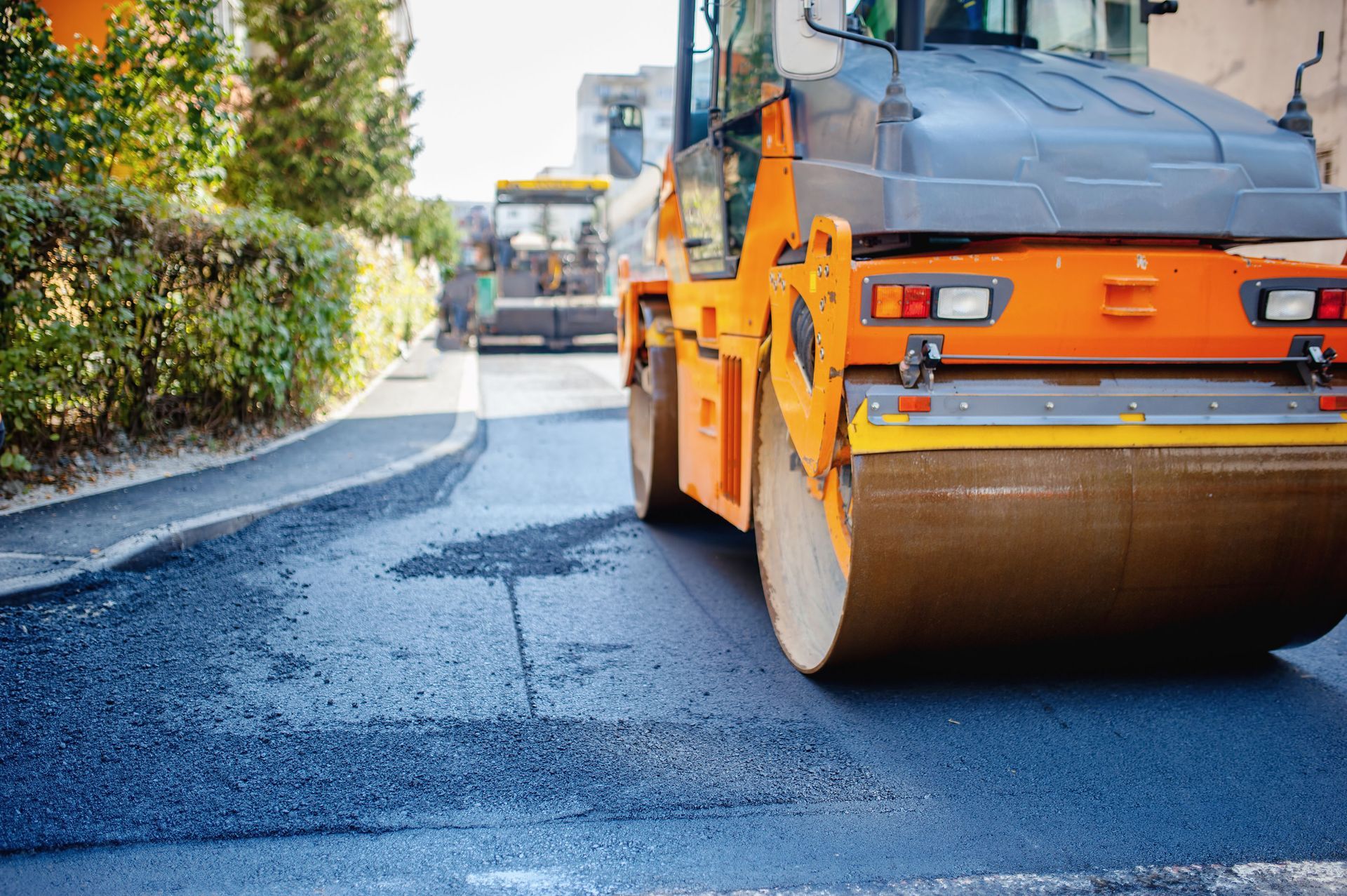
Share On: